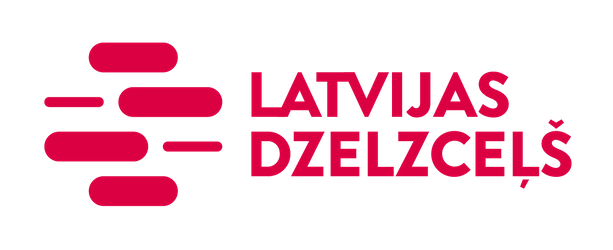Although railway is considered one of the most environmentally friendly modes of transport, it also has certain impact on the environment. Rail transport emissions in the air and noise levels have the greatest impact, not only on the environment but also on human health.
In order to ensure efficient and sustainable management of environmental protection and energy resources, “Latvijas dzelzceļš” Group of companies has endorsed the environment and energy management policy. Environment and Energy Management Programme 2022-2028 of SJSC “Latvijas dzelzceļš” has been developed for the management of the key environmental aspects.
In 2022, SJSC “Latvijas dzelzceļš” (LDz) updated its Environment and Energy Management Programme by developing an integrated environment and energy management system (EEMS) that complies with the requirements of the ISO 50 001:2018 and ISO 14 001:2015 standards.
The general objectives of the Programme include the following:
- To manage the main environmental aspects of LDz
- To ensure efficient, competitive and sustainable use of natural and energy resources
- To reduce energy costs by investing savings in development
- To prevent or reduce environmental risks, thus reducing the impact on the environment and climate change
- To promote public image of LDz as an environmentally friendly company
In accordance with the Procedure for Identification of Environmental Aspects in “Latvijas dzelzceļš” Group, the aspects were revised in January 2022.
According to the assessment, five significant environmental aspects have been identified as a result of the LDz operations:
- Historically polluted and potentially polluted sites (incl. ground and groundwater pollution)
- Energy consumption (heat, electricity, fuel, fossil fuels)
- Noise and vibration
- Emergencies (railway accidents, spills of dangerous substances, fires, natural disasters)
- Emissions from boiler houses and technological procedures
The Programme identifies key requirements of laws and regulations for each of the significant environmental aspects, describes the situation and further actions (objectives from 2022 to 2028).
In order to improve the environment and energy performance as part of the EEMS, plans of measures to improve environmental protection and energy efficiency are developed annually, on the basis of which specific targets are set for each year.
Environmental aspects are reviewed once a year and every time when the company implements or changes production and service provision technologies and processes.
The insignificant environmental aspects are addressed in line with the requirements of the laws and regulations governing each separate aspect, requirements of Category B and C permissions of polluting actions, and best practice principles.

